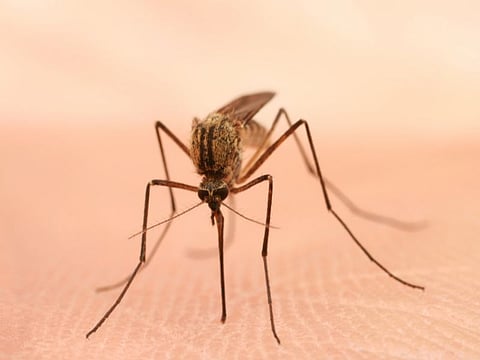FRIDAY, Oct. 23, 2015 (HealthDay News) -- Among children aged 5 to 17 months, the RTS,S vaccine has greater activity against malaria parasites with matched circumsporozoite protein alleles, according to a study published online Oct. 21 in the New England Journal of Medicine.
Daniel E. Neafsey, Ph.D., from the Broad Institute of the Massachusetts Institute of Technology in Cambridge, and colleagues used polymerase chain reaction-based next generation sequencing of DNA from samples from 4,985 participants to examine polymorphisms in circumsporozoite protein. The effect of polymorphic positions and haplotypic regions within the protein was examined on vaccine efficacy against the first episodes of clinical malaria within one year following vaccination.
The researchers found that within the per-protocol group of 4,577 RTS,S/AS01-vaccinated participants and 2,335 control-vaccinated participants aged 5 to 17 months, the one-year cumulative vaccine efficacy against clinical malaria in which parasites matched the vaccine in the entire circumsporozoite protein C-terminal (139 infections) was 50.3 percent, compared with 33.4 percent against mismatched malaria (1,951 infections) (P = 0.04 for differential vaccine efficacy). The vaccine efficacy was 62.7 percent against matched infections versus 54.2 percent against mismatched infections based on the hazard ratio (P = 0.06).
"The overall vaccine efficacy in this age category will depend on the proportion of matched alleles in the local parasite population," the authors write.
Several authors disclosed financial ties (including employment) to GlaxoSmithKline, which manufactures the RTS,S vaccine and partially funded the study.
Abstract
Full Text (subscription or payment may be required)


